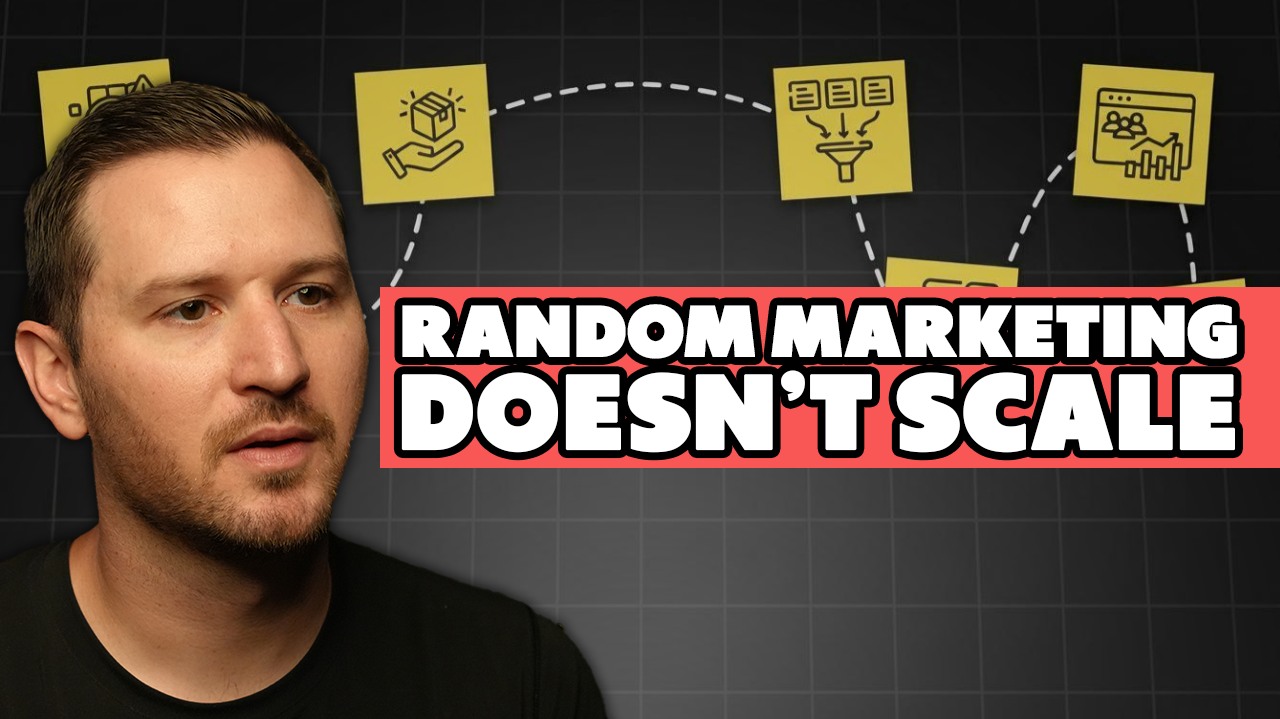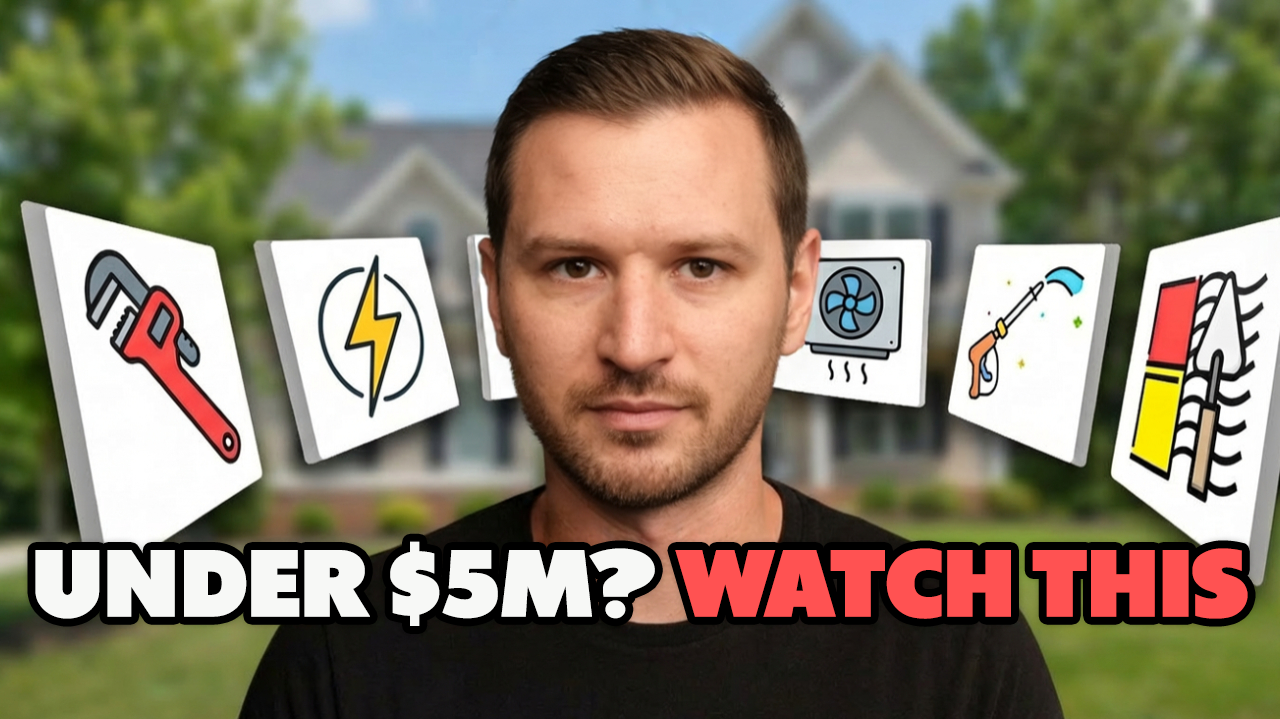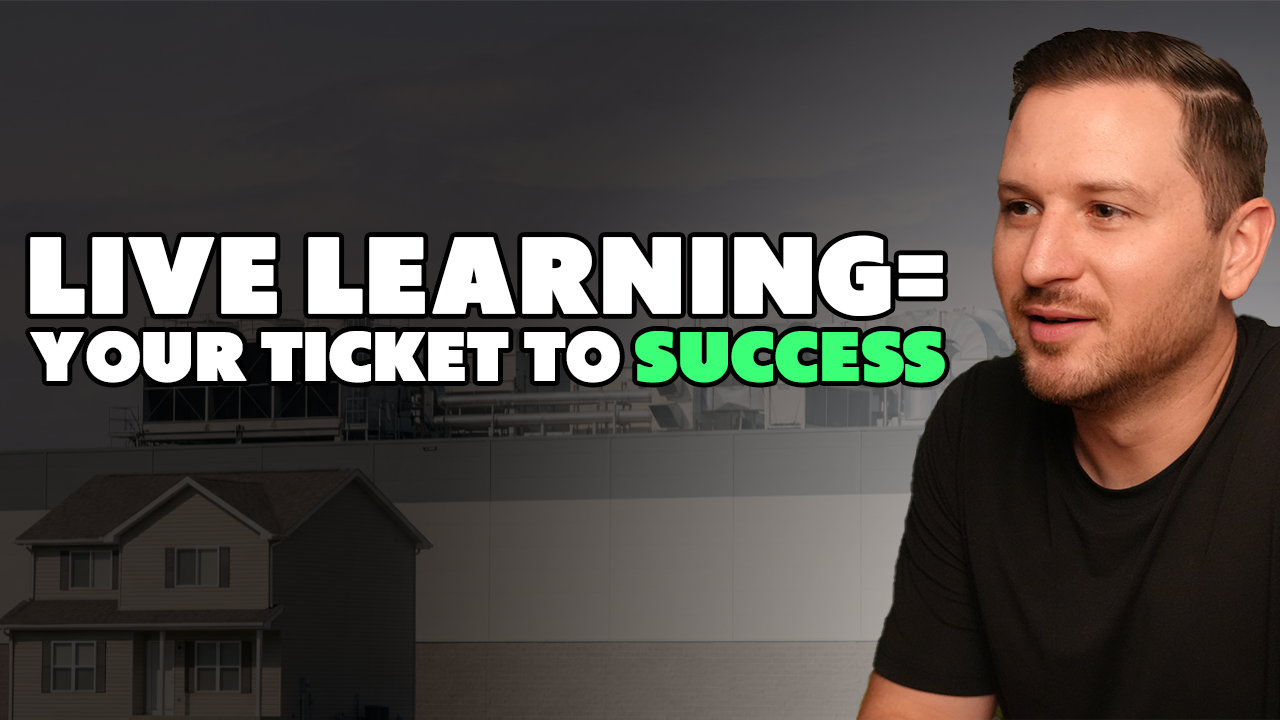When I sat down with Ethan Realander, a first-time entrepreneur who left a finance career to launch a Rolling Suds power washing franchise, I expected a conversation about equipment and local marketing. Instead, the discussion became a case study in why franchising gives new business owners a faster, smarter path into operations.
“I wanted to do something in that space, but I knew I was gonna be a solo operator, didn’t have any partners and didn’t want to raise outside capital,” Realander said. “But wasn’t fully, you know, didn’t feel fully equipped to start a brand completely from scratch, having never run a business, having never, you know, managed a blue collar workforce, having never done home services sales. So that’s a lot of levers that I’d never had to figure out how to pull on my own before, which is sort of what set me down the franchise path.”
That structure gave him a head start.
“What attracted me to that, to that path was some of the levers come sort of preset for you and you can focus on how to, how to, how to pull some of the levers. But you get some support for some of the others.”
Realander launched in March. By his second month, the business turned a profit.
“If I had started a power washing business myself, I would not be doing the revenue four months in that I’m gonna do this month. No question about it at like 100%. Yeah. Would not have been the case.”
The real engine behind the growth, he explained, is the peer network. “The network that of franchisees that they’ve built is incredible. Like the amount of learning I’ve gotten from the network is so valuable, has been extremely helpful for me. I think just the idea that I have access to 75 or 80 other people trying to build the exact same business. But in a, in like a definitionally, non-competitive way. We all have our territories, so there’s no incentive to compete. There’s only incentive to be collaborative.”
Franchising gets a bad reputation in some circles, but Realander doesn’t see that view holding up.
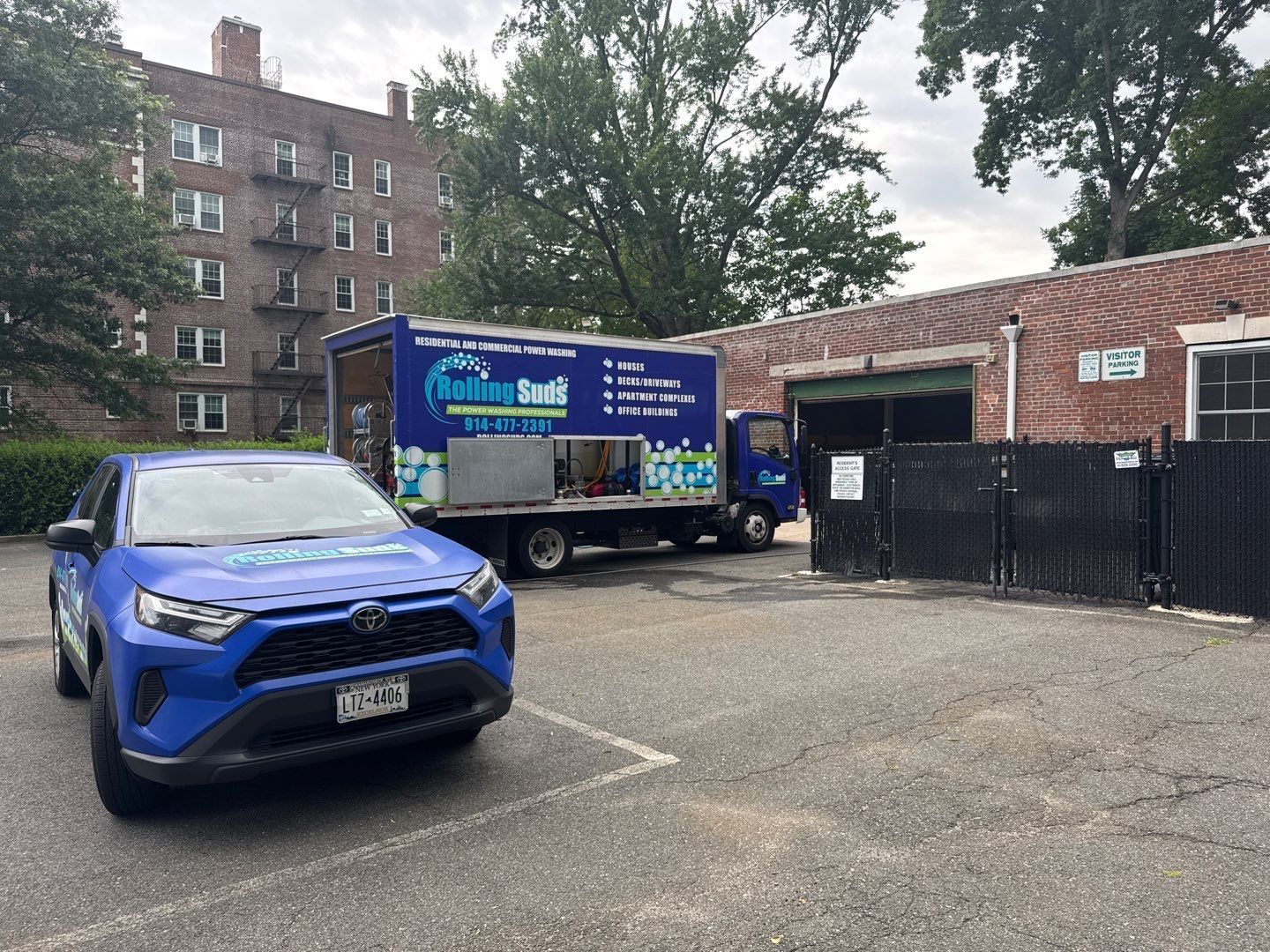
“I think franchises make a ton of sense for like basically everything you’ve said. I think it makes sense. And I don’t know why they don’t have, like, there seems to be like a stigma on franchises. Yeah. Some of the wealthiest dudes I know run a bunch of franchises.”
Still, not every franchise model succeeds. Many founders fail to understand that building a franchisor business is not the same as running a service company.
“Franchising is a very different business than the original business. So running the original rolling suds, power washing location is not the same business as running a rolling SUDS franchisor. And I think what you find is that a lot of brands underestimate the challenge that they’re taking on in transitioning from being a roofing business to a roofing franchisor. And then, you know, if they’re not ready for that challenge, that can have a negative impact on the early franchisees.”
That’s why Realander evaluated the system carefully. He chose a model where the franchisor was growing, the early franchisees were already successful, and the capital requirements fit his budget.
“Finding an emerging franchise who I felt comfortable betting on, while I bet on myself to build my own business, was sort of the path that made sense to me.”
His territory cost about $50,000 and included roughly 100,000 households. Outfitting a Rolling Suds truck added $130,000 to $150,000 in startup cost, depending on the add-ons. But the investment made a difference.
“Most of the customers, commercial and residential I come across have never seen power washing company with equipment like that. They’re used to a pickup truck. Which is great because from a branding standpoint off the rip, you look really, really good.”
Realander is not treating this like a side project.
He’s scaling.
He’s hiring.
He’s focused on large commercial contracts, multi-truck operations, and long-term infrastructure.
The model is already producing operators with five or more trucks. Mergers within the system are beginning to take place. Some franchisees are institutionally backed. Others are buying additional territories.
He has no illusions about the work involved.
“This is not gonna be the last business I ever own. I don’t know if this is gonna be, you know, this may or may not be the best business I ever owned. We'll find out in 20, 30, 40 years. But I’m in it and I’m learning, and I’m making mistakes and getting better every day.”
Franchising did not eliminate the risks but it did eliminate the guesswork. That, for a first-time owner who wanted to grow fast and avoid unnecessary detours, was the point.


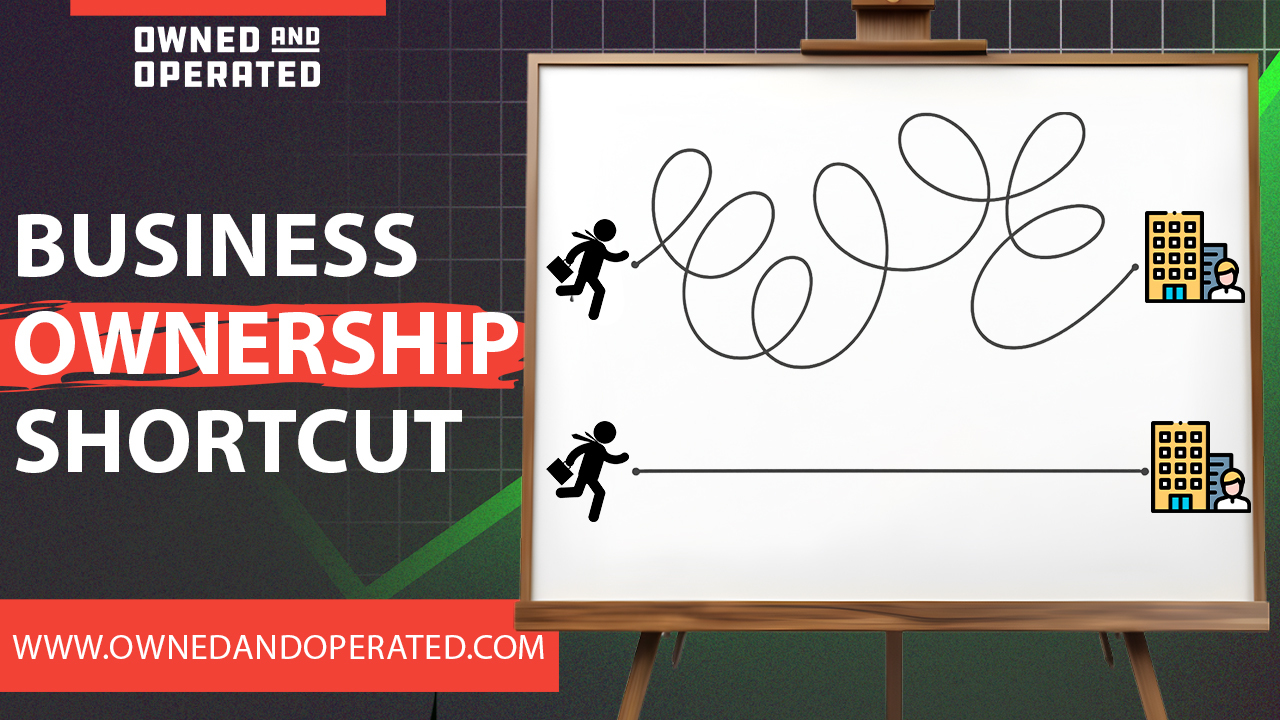

.png)
